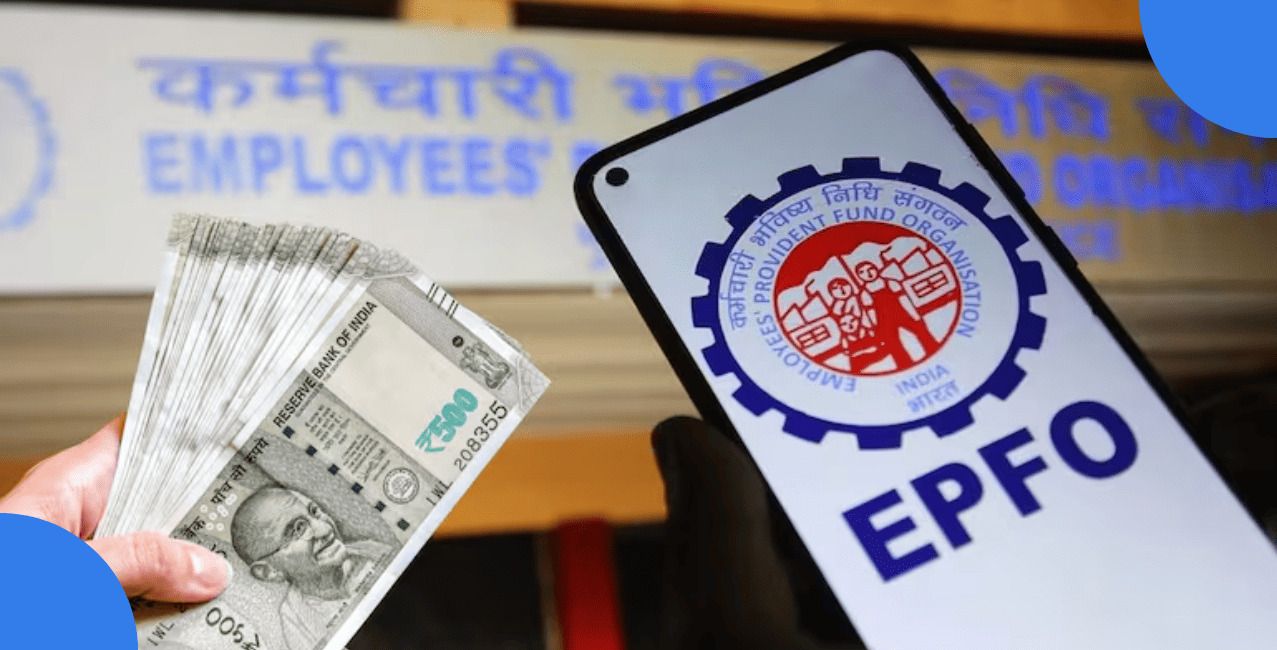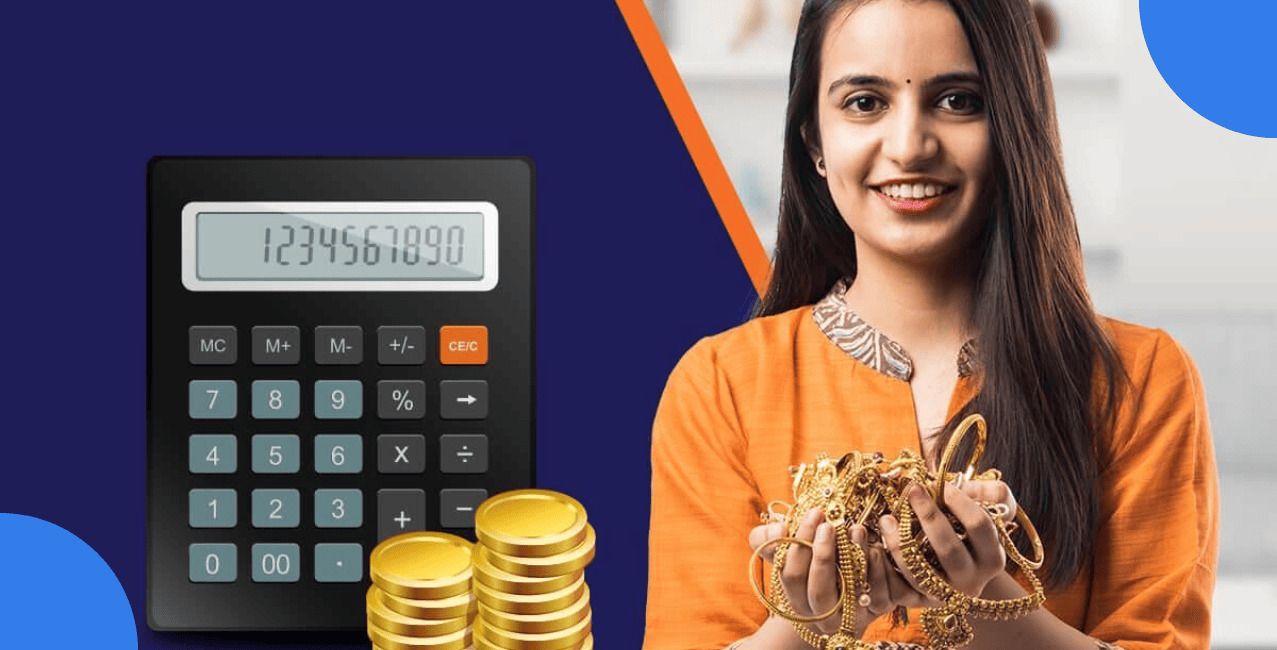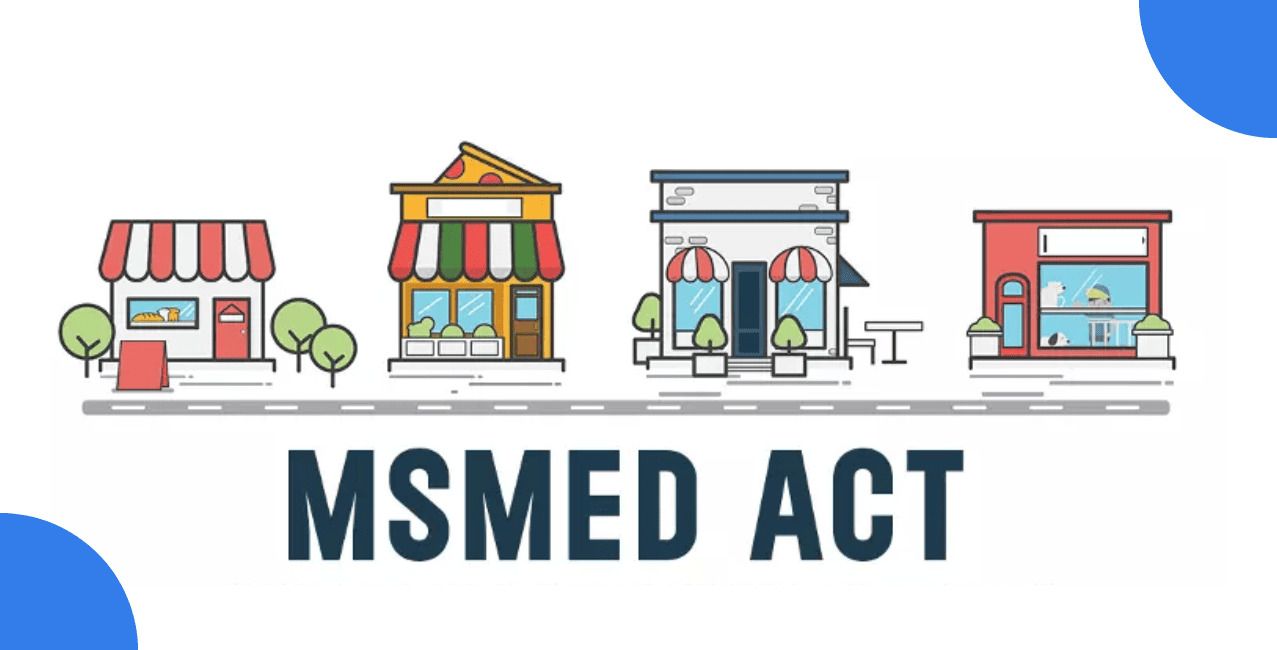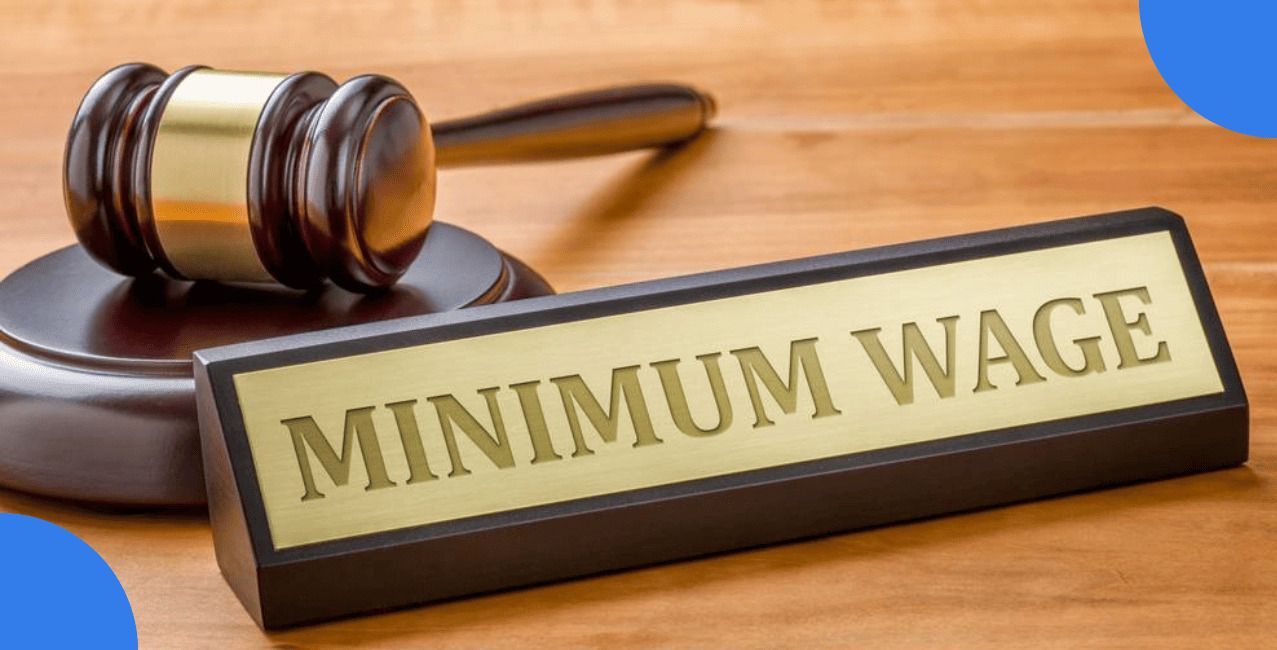What is the Minimum Due on a Credit Card? Meaning, Impact & Payment Tips
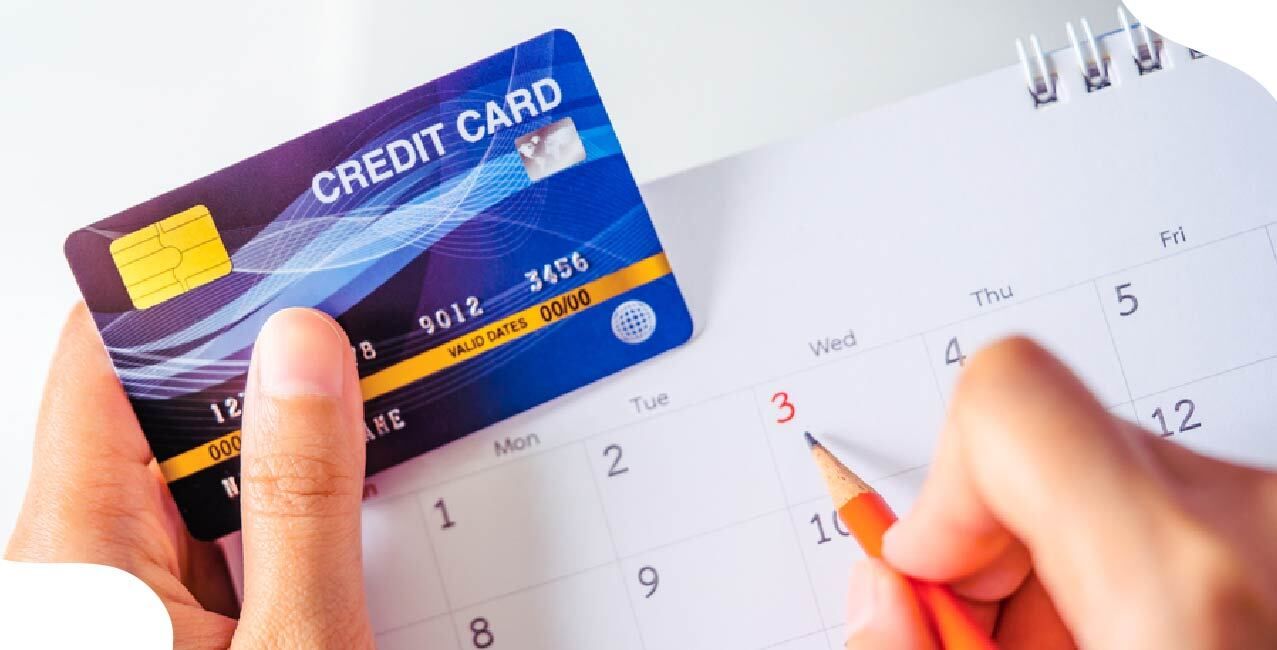
Check Your Loan Eligibility Now
By continuing, you agree to LoansJagat's Credit Report Terms of Use, Terms and Conditions, Privacy Policy, and authorize contact via Call, SMS, Email, or WhatsApp
Minimum due is the smallest amount you must pay on your credit card bill to avoid late fees. However, paying only this amount can lead to high interest on the remaining balance. It can lead to a higher amount of debt over time.
Let’s say the Minimum Due: ₹1,200. You might say, “Bass? Itna toh tera bhai CP mein hi kharch kar deta hai”
A repayment of ₹1,200 instead of ₹12,000 sounds like a really cool deal, but that’s not the whole reality. When you pay only the minimum amount, your bank carries forward the remaining ₹10,800. Interest starts building on that balance every single day.
For example, Riya is a freelance designer from Jaipur. She spent ₹12,000 on her card and only paid the minimum due of ₹1,200. A month later, this was her next bill:
This is where most people get trapped. You need to understand what “Minimum Due” really means and how it affects your credit health. Once you know why your monthly interest is increasing, you can figure out how to avoid such increments.
So, let’s start with the learning, shall we?
Read More – How to Use a Personal Loan to Clear Outstanding Credit Card Bills?
What Is the Minimum Due on a Credit Card?
You might not know, but 92% credit card users in India usually pay more than the minimum amount due each month. This rate is higher than 89% in the US and 88% in Canada and Hong Kong.
If you fail to pay the minimum due, there will be penalties, late fees, or even account suspension. It keeps your account secure if you're short on cash. It’s not the full bill, but it’s the bare minimum the bank wants from you this month.
Why do banks give you this option?
Because they know you may not always be able to pay the full bill. Life happens. So they let you pay a part of it, which is usually around 5% to 10% of your total outstanding, to stay in good standing.
But here's the thing:
If you pay just the minimum, the rest of the bill will start collecting interest. And credit card interest rates are pretty high, often 30%-45% per year!
So, what should you do?
If you're short on money this month, paying the minimum is better than paying nothing. But don’t make it a habit. Interest piles up fast, and you’ll soon find it harder to pay off the debt.
How Is the Minimum Due Calculated?
‘Chalo thoda dimag dodayein!’
Understanding how banks calculate your credit card’s minimum due helps you avoid extra costs and debt traps. The components in the table are included to calculate a minimum due:
Now let’s use these components in our example.
For example, Ravi used his credit card to buy a phone worth ₹20,000. When the bill arrived, the minimum due was only ₹1,035. It sounded easy, but here’s how it was calculated:
Assumptions:
- Credit card bill = ₹20,000
- Interest rate = 36% annually (3% monthly)
- No previous dues or payments
- No cashback or EMI involved.
- GST on interest = 18%
Step-by-Step Calculation
- Outstanding spend: ₹20,000
- Monthly interest (3%): ₹20,000 × 3% = ₹600
- GST on interest (18%): ₹600 × 18% = ₹108
- Total charges added: ₹600 + ₹108 = ₹708
- Total amount due: ₹20,000 + ₹708 = ₹20,708
- Minimum due (5%): ₹20,708 × 5% = ₹1,035.40; Rounded to ₹1,035
Also Read - The Impact of Late Payments on Your Credit Score – Fix It Fast
The summary of this example is given in the table below:
Even after paying ₹1,035, Ravi will carry forward ₹19,673 into the next month’s bill, which will attract daily interest until cleared. ‘Aap chronology samajh rahe hai?
Does It Change Every Month?
Yes. Your minimum due fluctuates based on:
- Your total outstanding amount
- Whether you’ve missed payments earlier
- Any added EMIs, interest, or fees
- Any over-limit spending
For example, when Ravi pays just ₹1,035, the unpaid ₹19,673 starts collecting daily interest. But here's the interesting and horrific thing: interest is charged on interest every day.
Let’s say Ravi pays only the minimum due for 3 months straight:
- Month 1 unpaid: ₹19,673
- Interest for Month 2 (3% on ₹19,673) = ₹590
- New balance: ₹19,673 + ₹590 + GST = ₹20,370
- Month 2 minimum due: ₹1,018
If you repeat the cycle, the balance keeps growing. So, here’s the summary of what you should have learnt from this section:
Paying the minimum is not a full payment. It just keeps your account active and avoids a late fee. But interest keeps adding up. Try to pay more, or the full amount, whenever you can.
How Minimum Due Affects Your Credit Score?
Paying just the minimum due can widely mess with your credit score in two ways:
You're still using too much credit
Let’s say your card limit is ₹1,00,000 and you’ve spent ₹60,000. Even if you pay ₹5,000 as minimum due, your balance is still ₹55,000. That means you are using 55% of your limit, which is too high. You shouldn’t use any kind of debt above 30% of your limit.
Delays hurt more than you think.
If you miss even the minimum due, it gets reported to credit bureaus. Late payments can reduce your credit score by 50-100 points. That makes getting future loans or cards harder.
Smart Ways to Deal With Payments and Minimum Dues
What if someone tells you that you are not in control of YOUR own finances? ‘Gussa aya na?’ But that’s the reality if you are just paying minimum dues, and trust us, it will become a horror movie soon, if it continues. So, here are some tips that will help you manage your finances.
1. Always Pay on Time
Paying late can lead to a late fee of ₹500-₹1,200, plus 18-42% annual interest on the outstanding balance. Worse, the late payment gets reported to credit bureaus like CIBIL and reduces your credit score.
For example, Anjali had a credit card bill of ₹12,000. She forgot to pay even the ₹1,200 minimum due. Her bank charged:
- Late fee: ₹600
- Interest for a month: ₹420 (3.5%)
- GST: ₹183
The total cost is ₹2,403 in one month for missing a ₹1,200 payment. It is ₹1,203 extra than the original payment!
2. Aim to Pay the Full Amount
This is the smartest way to avoid interest, penalties, and debt traps. Credit cards charge compound interest on unpaid amounts. Even ₹10,000 can turn into ₹14,400 in 12 months if you keep paying only the minimum due.
For example, Ramesh’s monthly bill is ₹10,000. The minimum due is ₹1,000. If he keeps paying ₹1,000 every month, it would take 18+ months to clear the balance.
Interest = ₹4,000+ (3.5% monthly rate)
However, if he paid full in the first month, Interest = ₹0.
3. Use Auto-Pay for the Minimum Due
If you're forgetful or busy, use this feature. Set an auto-debit from your bank account for the minimum due, and top it up manually later with more if possible.
Many banks like HDFC, Axis, and ICICI allow you to auto-pay either the full amount or just the minimum due through net banking or mobile apps.
4. Use the Snowball or Avalanche Method to Repay Debt
If you have multiple credit cards, these methods help clear them faster and smarter.
Snowball gives quicker wins and is ideal for people who lack motivation. Avalanche saves more money in the long run as the high interest does not add up..
Conclusion
If we have to summarise the entire blog, we will use this shayari:
‘Machhar ne aapko kaata, wo uska junoon tha,
Aapne khujli ki, wo aapka sukoon tha,
Chaah kar bhi aapne usko nahin maara,
Kyunki uski ragon mein aap hi ka khoon tha.’
Paying only the minimum due feels like sukoon, just like scratching a mosquito bite. But that comfort is short-lived. Your debt keeps growing with high interest. And you can't ignore it, because this “minimum due” comes from your own unpaid balance, ‘uski ragon mein aap hi ka khoon tha’.
So, what should you do? Pay the full outstanding amount whenever possible, avoid late payments, and break the cycle of growing credit card debt.
Frequently Asked Questions
Does paying only the minimum due affect my eligibility for credit card rewards?
Yes, some banks may pause or reduce reward point benefits if you only pay the minimum and carry a balance forward.
Is the minimum due amount negotiable with the bank?
No, it’s a fixed percentage. However, if you're in financial trouble, you can request a payment plan or restructuring.
Does converting my credit card spend into EMI lower the minimum due?
No. The EMI amount is actually added to your minimum due, increasing your monthly burden unless you prepay or close the EMI plan early.
Does paying the minimum affect my loan eligibility?
Yes. Lenders see you as financially stressed if you only pay the minimum. It increases credit utilisation, hurting your chances of getting loans or credit cards.
Are there any RBI rules protecting me if I can't pay full dues?
RBI mandates fair disclosure of charges. You can ask for restructuring, but the minimum due itself isn’t waived unless part of a hardship settlement or moratorium.
Other Informative Pages | |||
About the author

LoansJagat Team
Contributor‘Simplify Finance for Everyone.’ This is the common goal of our team, as we try to explain any topic with relatable examples. From personal to business finance, managing EMIs to becoming debt-free, we do extensive research on each and every parameter, so you don’t have to. Scroll up and have a look at what 15+ years of experience in the BFSI sector looks like.
Subscribe Now
Related Blog Post

Yes Bank Credit Card Benefits – Complete Guide & Top Perks
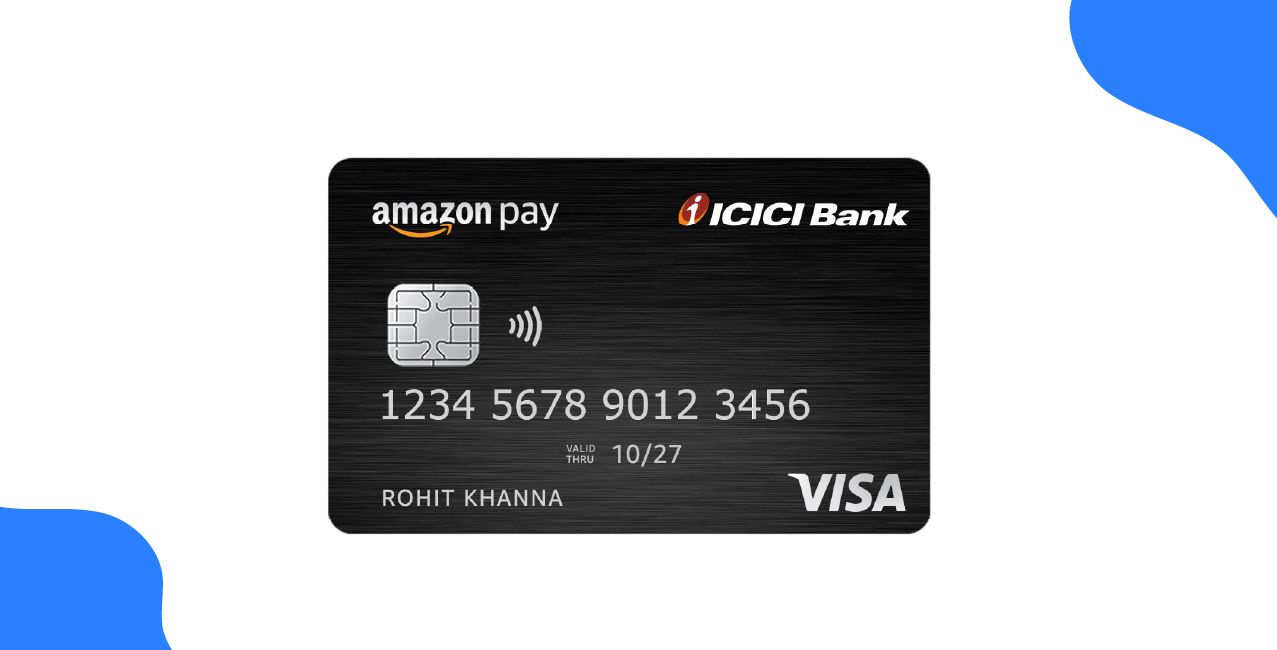
Amazon Pay ICICI Credit Card Benefits: Cashback & Rewards
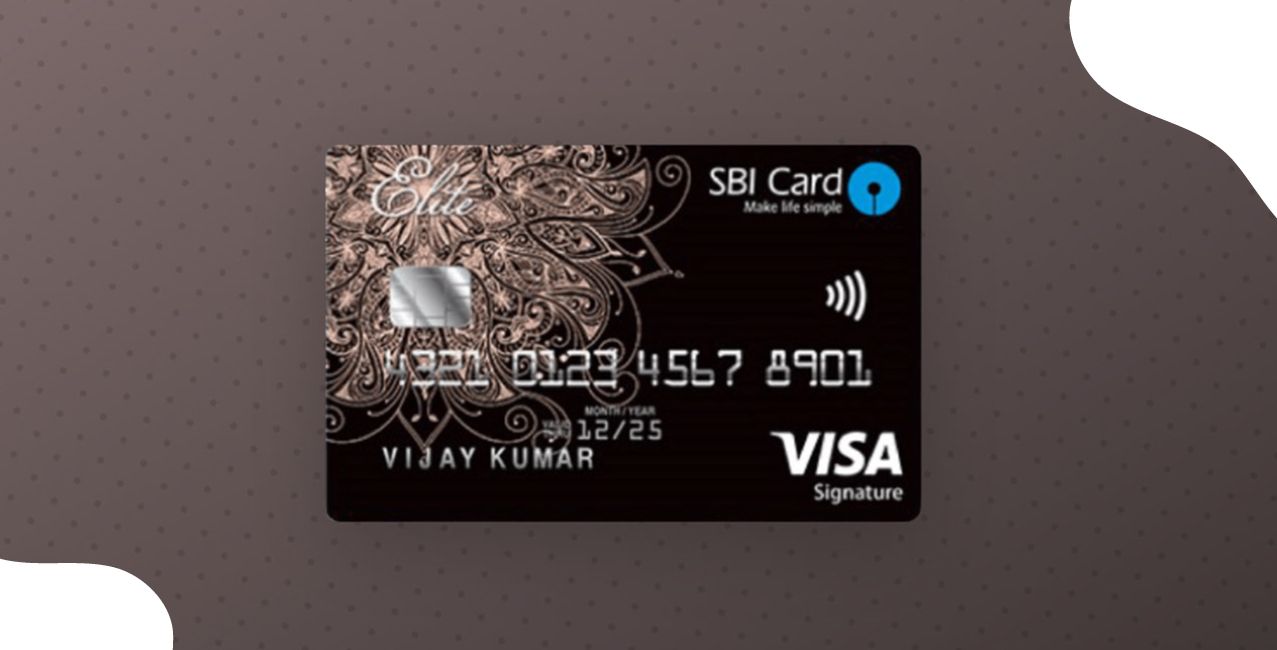
SBI Elite Credit Card Benefits – Complete Guide & Premium Rewards
Recent Blogs
All Topics
Contents
Quick Apply Loan
Consolidate your debts into one easy EMI.
Takes less than 2 minutes. No paperwork.
10 Lakhs+
Trusted Customers
2000 Cr+
Loans Disbursed
4.7/5
Google Reviews
20+
Banks & NBFCs Offers
Other services mentioned in this article
.png)
